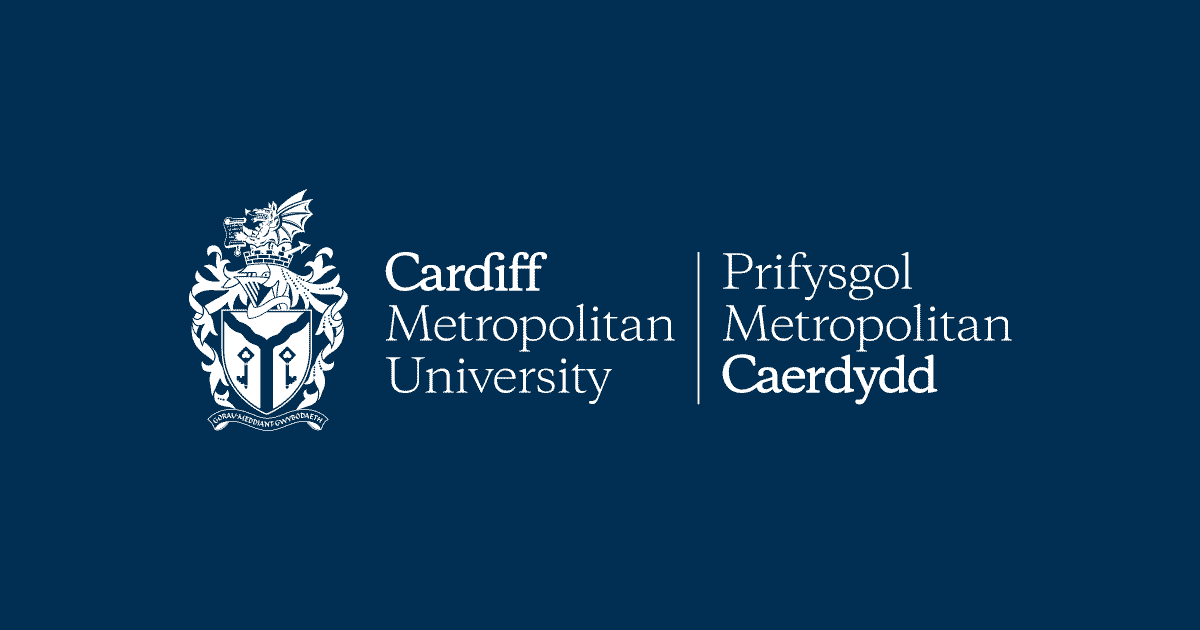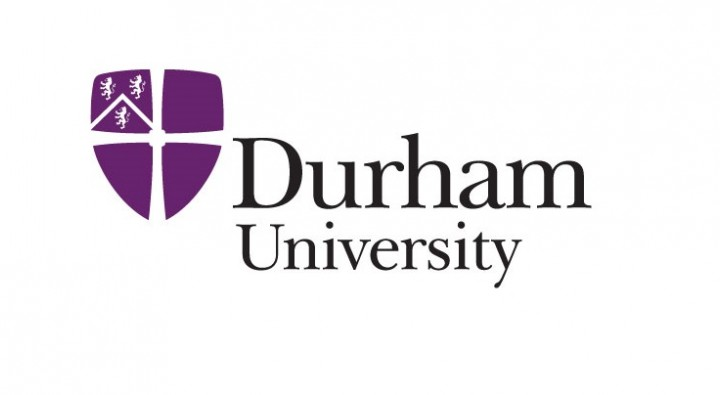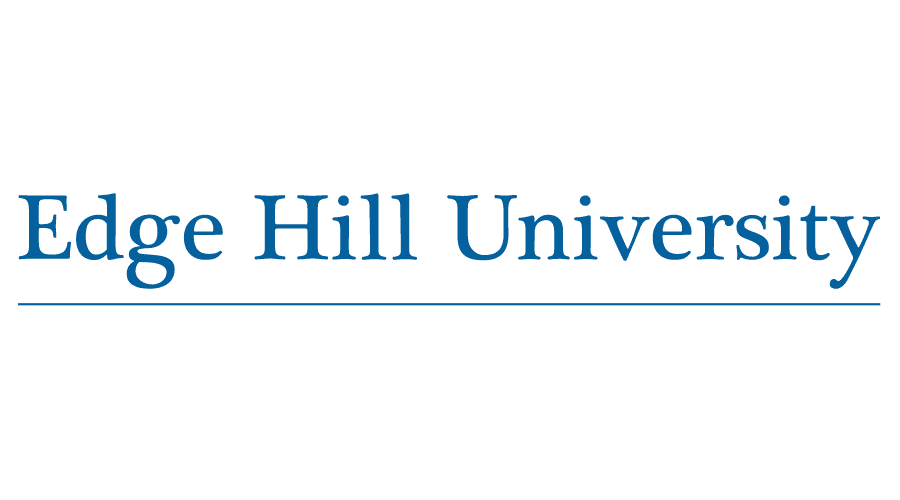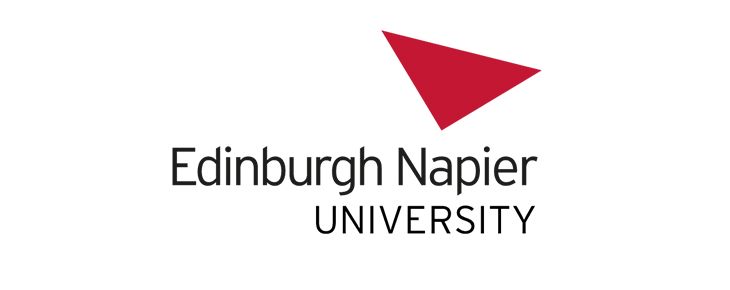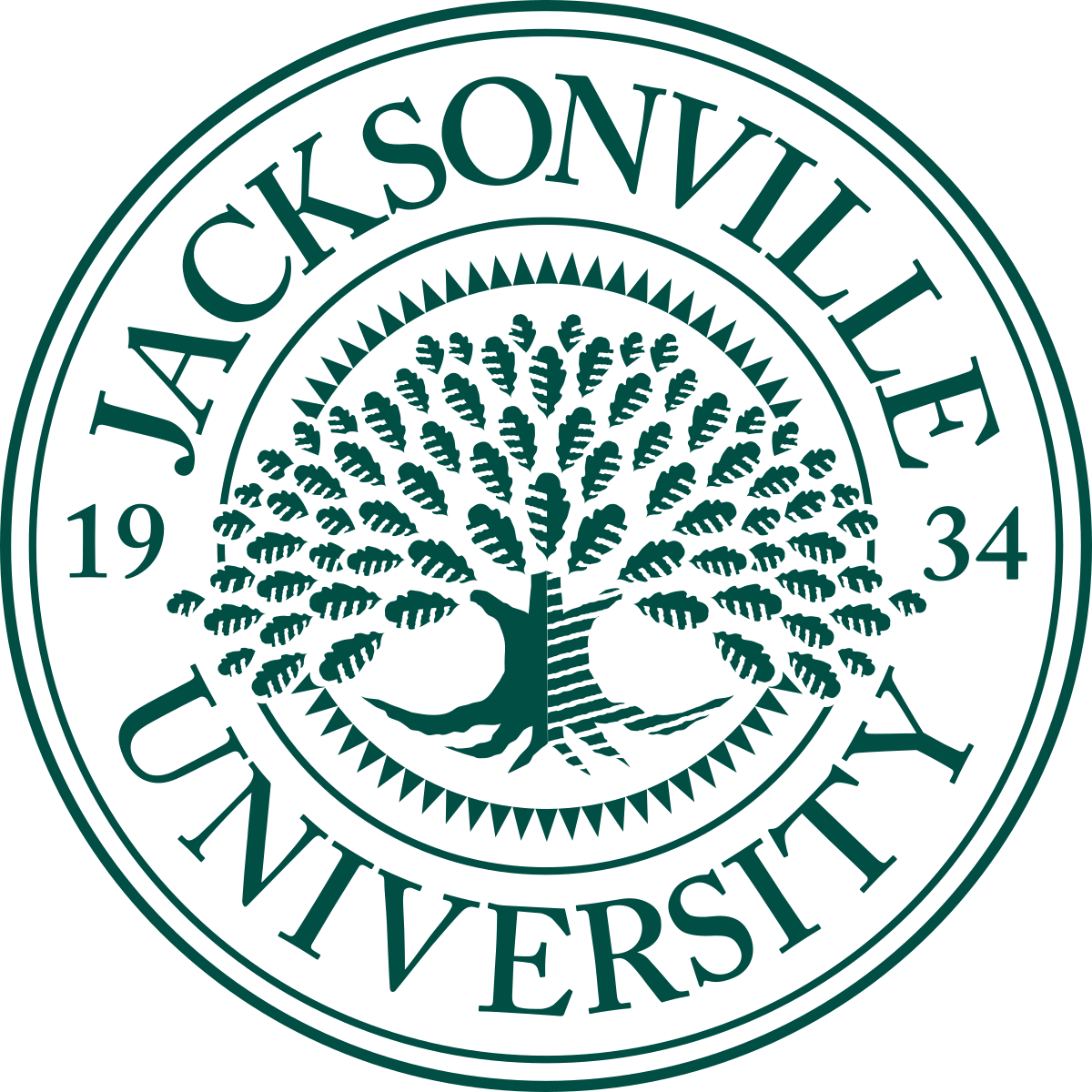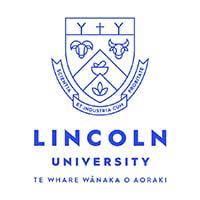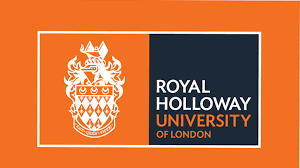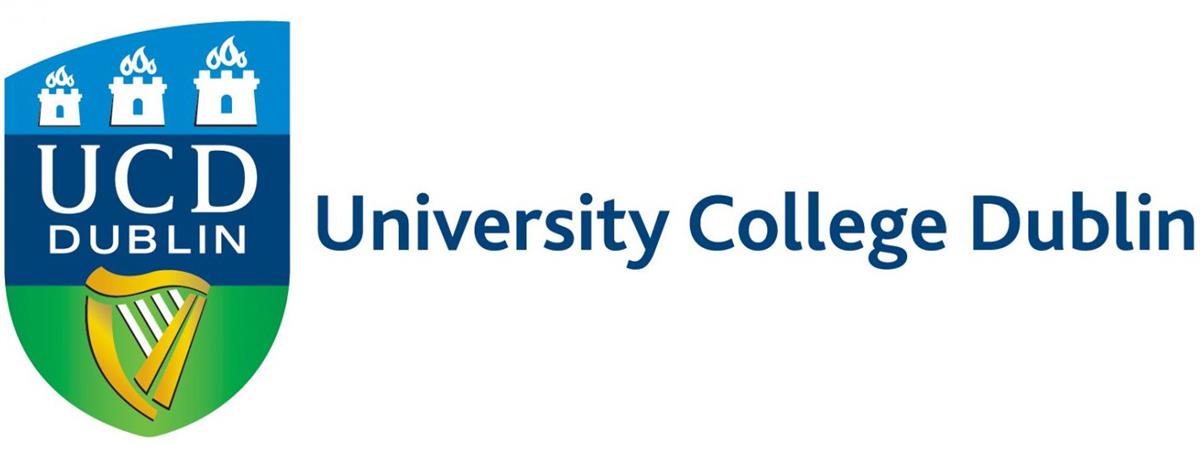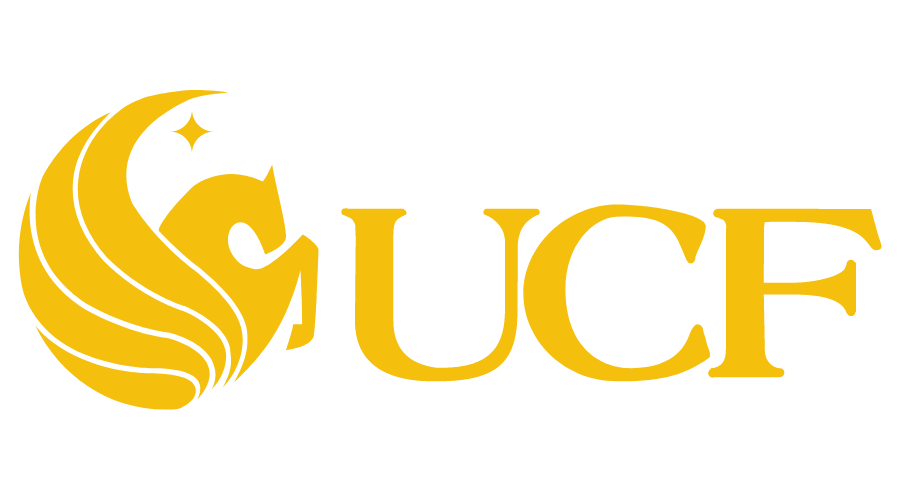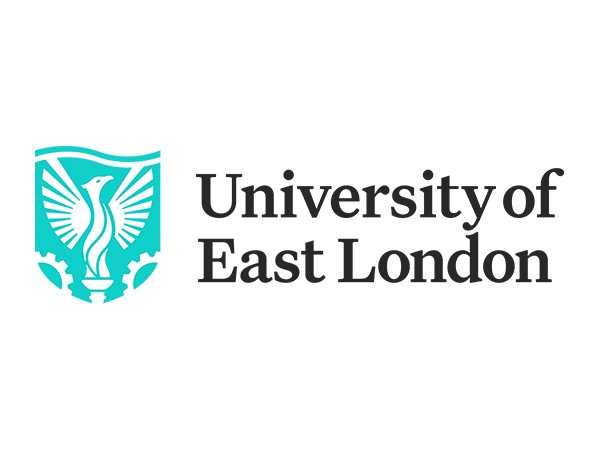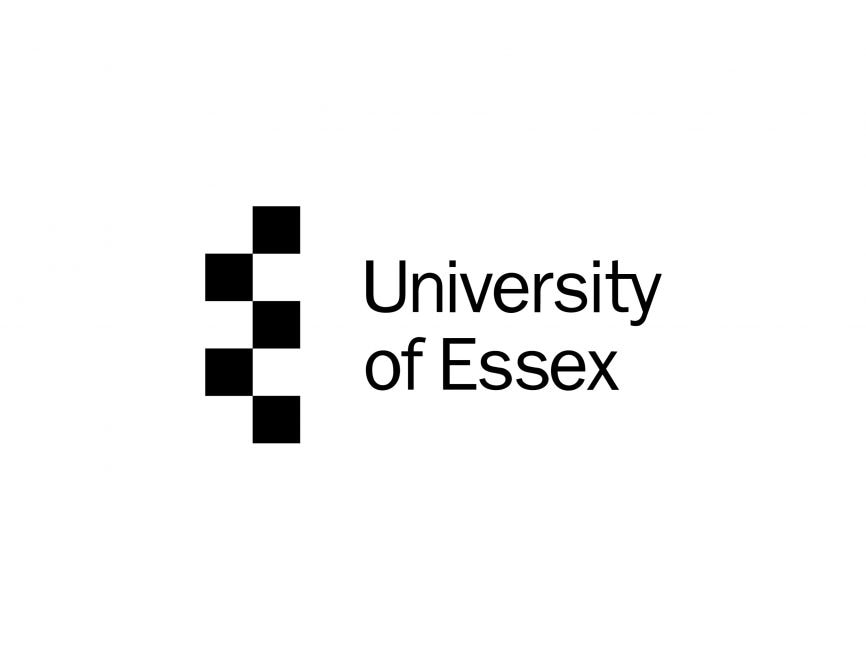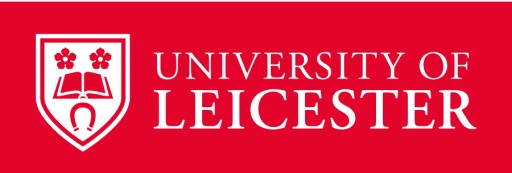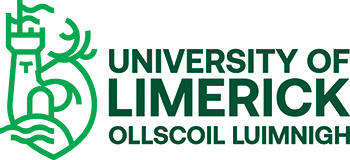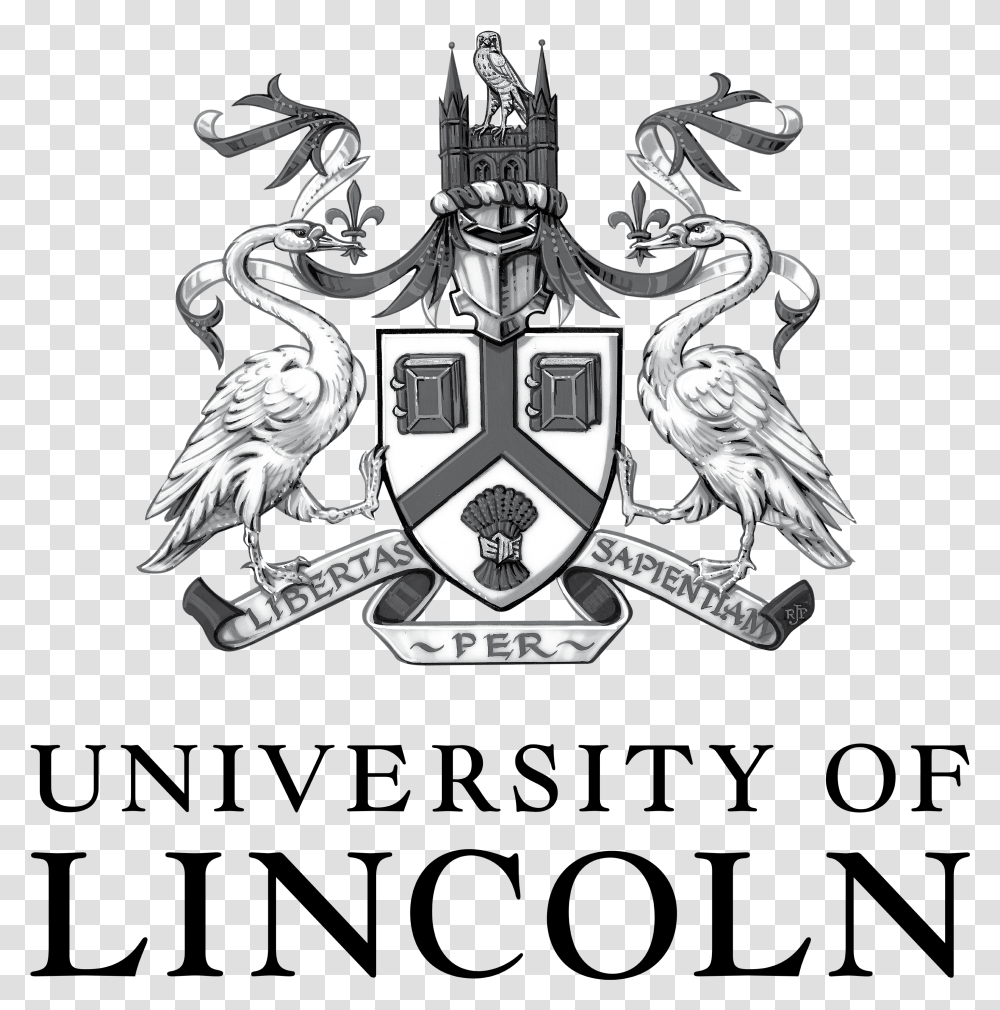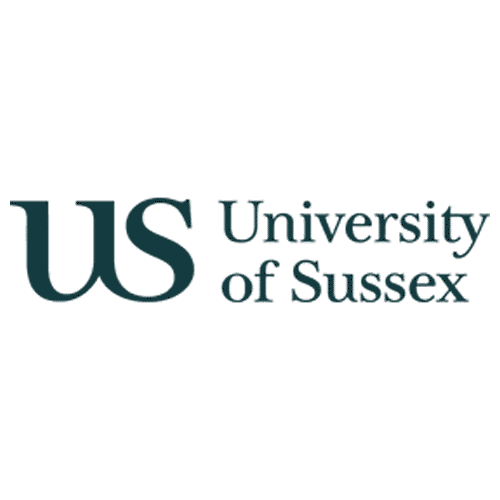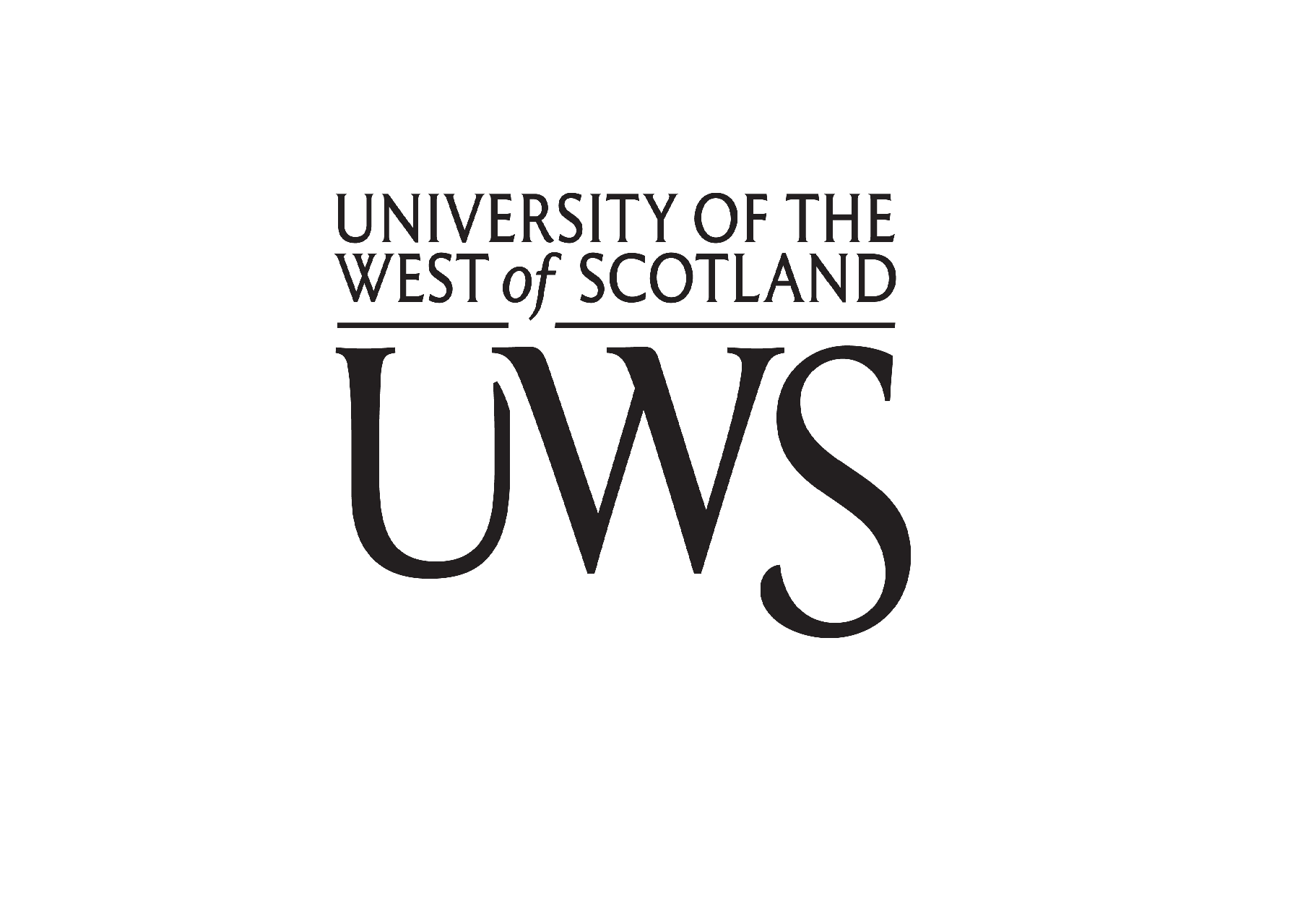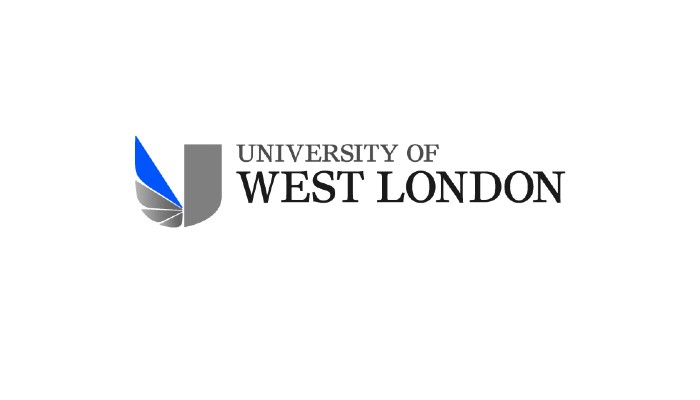Embark on a transformative academic journey in Social Sciences abroad! This course page is designed to guide Indian students through the exciting opportunities and enriching experiences that await them in international universities. Studying Social Sciences overseas offers a unique perspective on global issues, diverse cultures, and complex human interactions.
Why Study Social Sciences Abroad?
Studying Social Sciences abroad provides an unparalleled opportunity to broaden your horizons and gain a global understanding of humanity. Here's why you should consider this path:
- Global Perspective: Engage with diverse academic theories and real-world applications from different cultural contexts.
- Intercultural Communication: Develop critical skills in understanding and navigating various social norms, communication styles, and societal structures.
- Enhanced Employability: International experience and a global mindset are highly valued by employers worldwide.
- Personal Growth: Step out of your comfort zone, build resilience, and develop independence in a new environment.
- Networking Opportunities: Connect with students and faculty from around the globe, building a valuable international network.
- Access to Specialized Programs: Many international universities offer unique specializations and research opportunities not available domestically.
What are Social Sciences?
Social Sciences encompass a wide range of academic disciplines that explore human behavior, societies, and cultures. These fields use scientific methods to study how people interact, develop, and organize themselves. Key disciplines include:
- Sociology: The study of society, social institutions, and social relationships.
- Psychology: The scientific study of the mind and behavior.
- Anthropology: The study of human societies, cultures, and their development.
- Political Science: The study of government, public policies, political processes, and political behavior.
- Economics: The study of how societies allocate scarce resources to satisfy unlimited wants and needs.
- Geography (Human Geography): The study of the relationships between people and their environments.
- History: The study of past events, particularly in human affairs.
- International Relations: The study of foreign affairs and global issues among states within the international system.
Popular Social Science Specializations Abroad
International universities offer a vast array of specializations within the Social Sciences. Here's a glimpse of some popular choices:
| Specialization | Description | Potential Career Paths |
|---|---|---|
| Development Studies | Focuses on social, economic, and political development in developing countries. | NGO worker, policy analyst, international aid worker |
| Criminology | Examines the causes, consequences, and control of crime. | Police officer, probation officer, forensic psychologist |
| Urban Studies | Investigates the social, political, and economic aspects of cities and urban areas. | Urban planner, community development specialist, public policy analyst |
| Gender Studies | Analyzes gender as a social construct and its impact on individuals and societies. | Advocacy, research, education, human resources |
| Media and Communication Studies | Explores the role of media in society, communication theories, and digital culture. | Journalist, public relations specialist, marketing professional |
| Public Policy | Studies how governments make decisions and implement policies to address societal issues. | Policy advisor, government analyst, lobbyist |
Course Structure and Pedagogy
The teaching methods in international Social Sciences programs often differ from those in India, focusing more on critical thinking, independent research, and active participation. You can expect:
- Lectures: Large group sessions led by professors to introduce core concepts.
- Seminars/Tutorials: Smaller, interactive sessions for in-depth discussion, debate, and problem-solving.
- Research Projects: Opportunities to conduct independent research, often involving fieldwork or data analysis.
- Essays and Presentations: A strong emphasis on written assignments and oral presentations to develop communication skills.
- Case Studies: Analyzing real-world scenarios to apply theoretical knowledge.
- Group Work: Collaborating with international peers on projects, fostering teamwork and diverse perspectives.
Admission Requirements for Indian Students
While specific requirements vary by university and country, here's a general overview of what Indian students typically need for Social Science programs abroad:
- Academic Transcripts: Official records of your previous academic qualifications (e.g., 10th and 12th-grade mark sheets, bachelor's degree transcripts).
- English Language Proficiency: Most universities require proof of English proficiency through tests like IELTS or TOEFL.
- IELTS: Typically a score of 6.0-7.5 overall, with no band less than 5.5 or 6.0.
- TOEFL iBT: Usually a score of 80-100.
- Statement of Purpose (SOP): A compelling essay outlining your academic background, career goals, and reasons for choosing the specific program and university.
- Letters of Recommendation (LORs): Usually 2-3 letters from academic referees who can attest to your abilities and potential.
- Resume/CV: A detailed document outlining your academic qualifications, work experience (if any), extracurricular activities, and skills.
- Standardized Tests (for some programs/countries):
- GRE/GMAT: Required for some master's or PhD programs, especially in fields like Economics or Public Policy.
- SAT/ACT: Occasionally required for undergraduate admissions in the US.
- Portfolio (rare for Social Sciences): Relevant for some interdisciplinary programs that involve creative elements.
Career Opportunities
A degree in Social Sciences opens doors to a vast array of career paths, both domestically and internationally. The critical thinking, analytical, research, and communication skills gained are highly transferable and sought after in various sectors. Some potential career areas include:
- Government and Public Service: Policy analysis, urban planning, public administration, international relations.
- Non-Profit and NGOs: Community development, advocacy, human rights, international aid.
- Research and Academia: University lecturer, researcher, data analyst.
- Business and Corporate Sector: Market research, human resources, public relations, corporate social responsibility, consulting.
- Media and Communication: Journalism, content creation, social media management.
- Healthcare: Social work, public health, counseling (with further specialization).
Funding and Scholarships for Indian Students
Several scholarship opportunities are available for Indian students pursuing Social Sciences abroad. These can be offered by universities, governments, or private organizations. Some popular options include:
- University-specific scholarships based on academic merit.
- Government scholarships (e.g., Chevening Scholarships for the UK, Fulbright Scholarships for the US).
- External funding bodies and charitable trusts.
- Part-time work opportunities (subject to visa regulations).
We encourage you to thoroughly research the scholarship options available for your chosen program and country. Many university websites have dedicated sections for international student funding. Additionally, you can explore external scholarship databases and consult with our study abroad advisors for personalized guidance.
Student Life and Support
International universities are well-equipped to support the transition of international students. You'll find a range of services designed to help you settle in and succeed:
- International Student Offices: Provide guidance on visas, immigration, accommodation, and cultural adjustment.
- Academic Support: Writing centers, study skills workshops, and tutoring services.
- Career Services: Help with resume building, interview preparation, and job search strategies.
- Student Societies and Clubs: Opportunities to join various groups based on interests, hobbies, and cultural backgrounds.
- Health and Well-being Services: Counseling, medical facilities, and mental health support.
Prepare to immerse yourself in a stimulating academic environment, engage with diverse perspectives, and build a foundation for a successful global career in Social Sciences. Your international education journey starts here!


